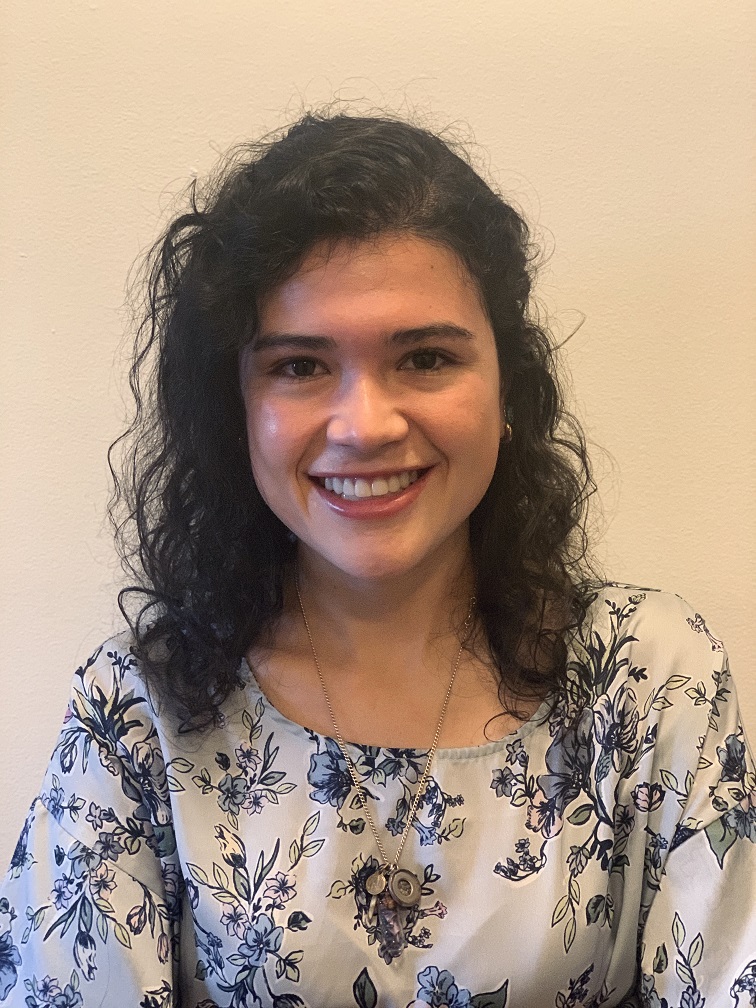What It Means To Be A Disabled Latina and Future RDN

By Juliana Tamayo, WH DPG Student Partner
Dietitians Changed My LifeI remember the day I finally got my first diagnosis. It had been a long and hard battle. I’m Latina, born and raised in Colombia, but I have called the United States my home for 10 years. Everything changed once I got sick. I couldn’t keep food down and I lost weight quickly. In the eyes of many doctors, though, I wasn’t sick enough, or it was all in my head.
I owe my team of dietitians my life. Not only did they believe me, and saw through the diagnoses, but they encouraged me.
I went from being malnourished and scared, to nourished and hopeful. These dietitians were the ones that encouraged me to try a feeding tube instead of total parenteral nutrition (TPN), and slowly I got my life back.
The time came when I had to give up my life as a journalist, as it was not compatible with my chronic illnesses. Slowly, my journey into nutrition support gave me a new perspective on what I needed to do for my future. That’s when I decided to pursue a career in dietetics.
 Navigating College as a Disabled, Minority Student
Navigating College as a Disabled, Minority StudentApplying to schools when you are disabled and a minority is no easy task. I’m lucky to live in a very diverse city, but unfortunately, the schools here were not accommodating. Most of them required in-person attendance regardless of medical illness, some even required extracurricular activities, and some were simply too academically focused.
I needed a school that understood my limitations when I feel sick and can’t get out of bed. That I may need emergency surgery every couple of months due to a bowel obstruction, or a feeding tube mishap. These in-person schools weren’t for me.
I was lucky to find Kansas State University and the Master’s of Science and Didactic Program in Dietetics (DPD) distance program. Under the guidance of Erika Lindshield, the advisor for the M.S. in Nutrition, Dietetics, and Sensory Sciences, I found the right track and program for me. I also had the immense fortune of finding professors and mentors along the way that understood my disease and even had some personal relationship with someone in a similar situation. I owe much of my academic successes to my mentor Dr. Linda Yarrow, who not only gave me courage but also guides me in the right direction so that I can one day become a dietitian like the ones that saved
my life.
But the issue at hand here is that I had to dig deep to find the help I needed. And once I did, I still had to make space for someone like me. Most of my classmates are white. Most of them are also able-bodied. Why aren’t there more disabled students? What about disabled BIPOC (Black, Indigenous, People of Color) students? I think this happens because there just aren’t systems in place to help us find these places. It took me months of searching, lots of money sent in applications that would turn out useless, and hours of talking to advisors.
I found a school that worked for me, but not everyone can take that luxury.
 Digging Deep for Change
Digging Deep for Change
Being disabled and Latinx is hard, but it shouldn’t be a reason for me to stop chasing my dream of becoming an RDN. So, what can we do? I suggest that we first think of what is missing in our schools. Are there resources for minority groups? Student organizations you can talk to? Can you speak to your professor and advisor freely about
accommodations? Looking into our circle is a good way to start making a change. Begin by questioning those in charge around you, they will have no other choice but to
hear you.
I would then go broader. I had the amazing opportunity to find a group of women that are also a minority in the field of dietetics thanks to the Academy of Nutrition and Dietetics – Women’s Health Practice Group Diversity Award. They have inspired me to talk about these issues and think of solutions. I know now that I also have to focus on the
why behind the lack of opportunities and accessibility for disabled minorities. Are schools unwilling to look at these populations? Are disabled BIPOC not even applying to schools because of socioeconomic restraints? Is dietetics perceived as an unachievable profession in our communities? If we break down the why’s, we can begin to find solutions.
Finally, I want to finish off by saying that the
who in these situations matters too. I found that if I looked hard, I could find other people who struggled with similar problems, and together we could strive to make a better place for ourselves. But are we working together to help other BIPOC? Do we, ourselves, have certain prejudice? Is there a predisposition for us to navigate towards certain spaces more than others? Fighting the fight for inclusion and representation means fighting it
together.
Yes, I am disabled. Yes, I am Latinx and an immigrant. But that is not all that I am. I’m a future RDN with an MS degree. I’m a future nutrition support specialist. And I am not alone. The academic structure that left me and many of us out will change, but it requires work, and it needs our voices of advocacy.
